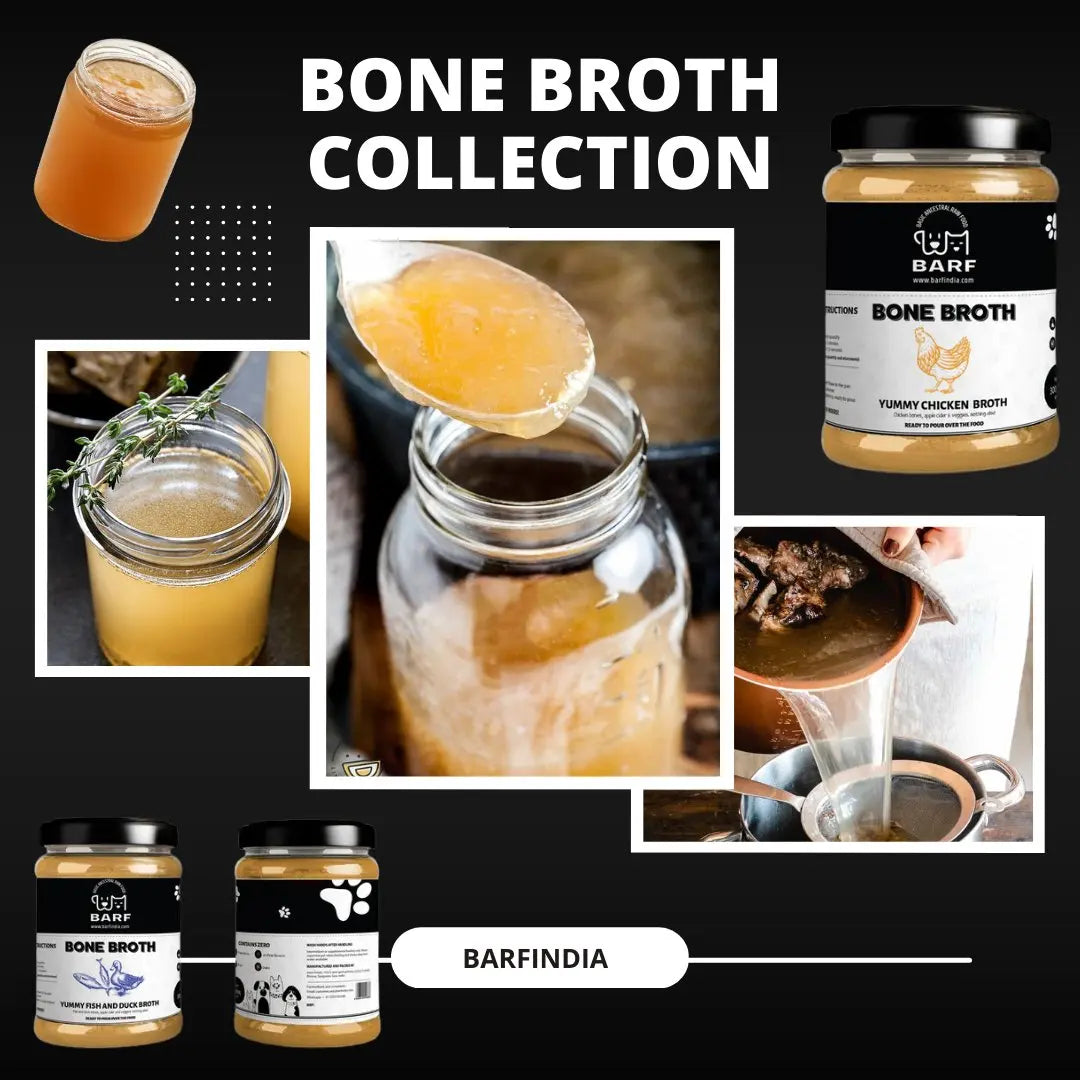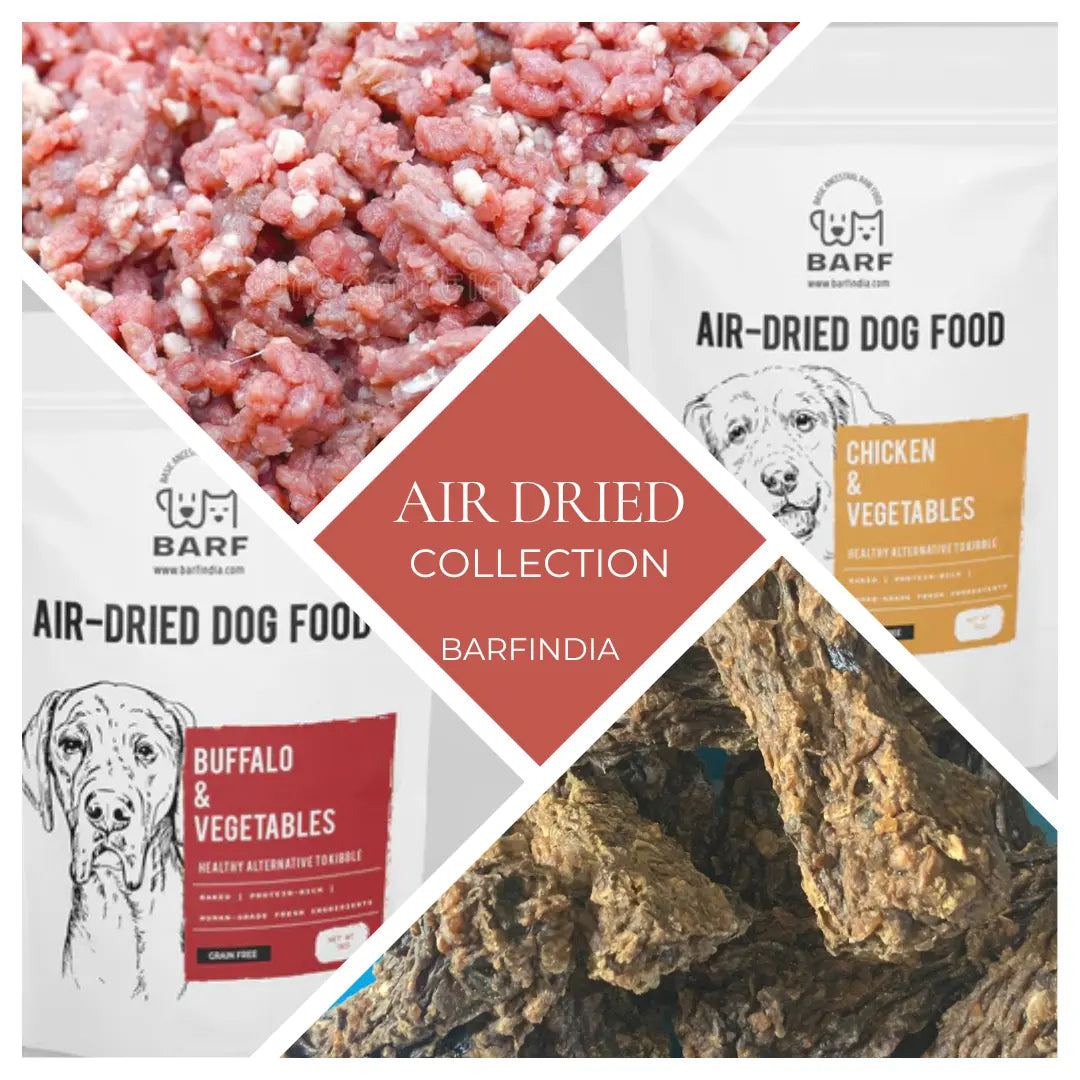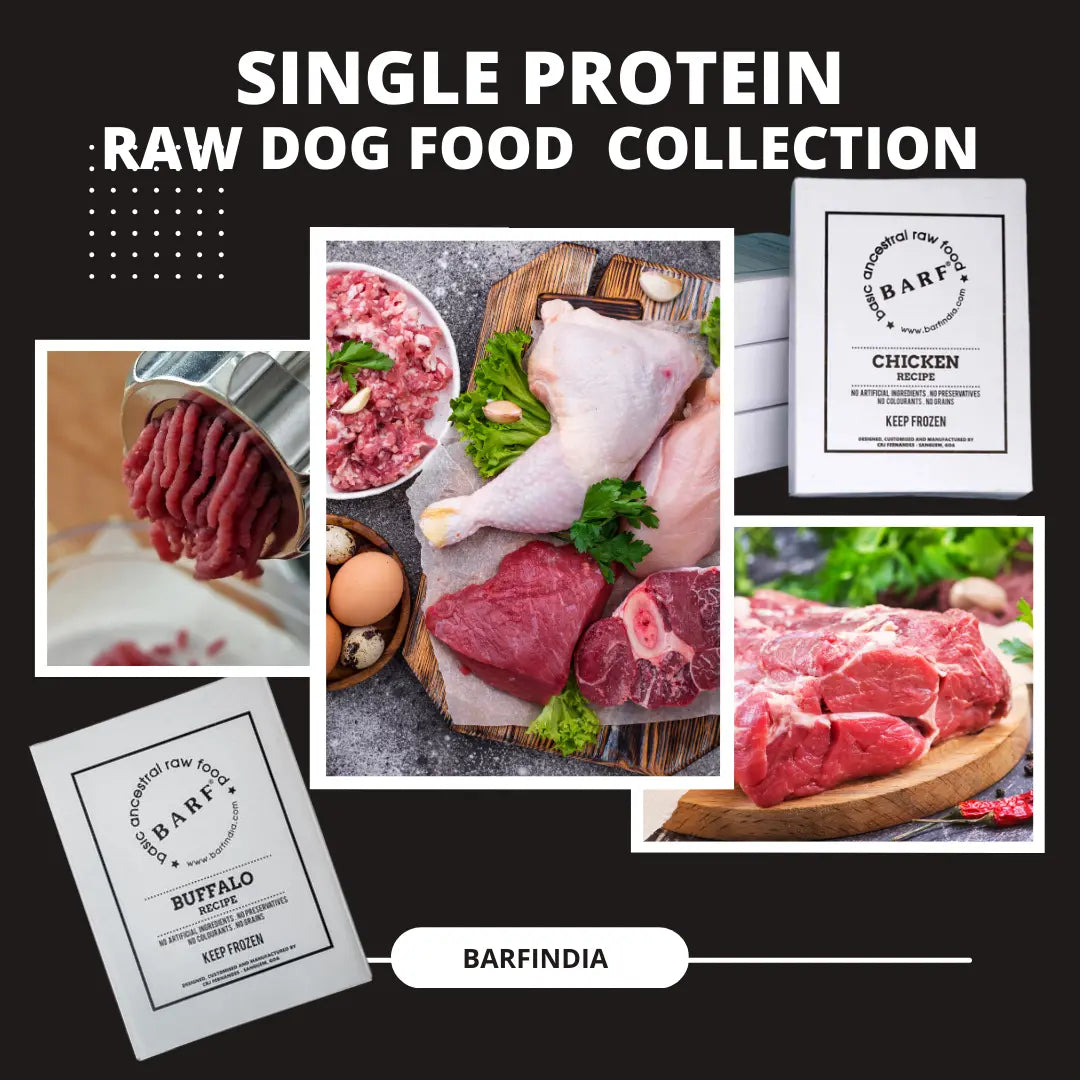
How Often Should You Feed Your Dog Bone Broth?
Nivedita FernandesHow Often Should You Feed Your Dog Bone Broth?
Bone broth has become a popular addition to many pet owners' feeding routines. It offers numerous health benefits and is a flavorful treat that dogs enjoy. However, an important question arises: how often should you give this supplement to ensure its benefits without overdoing it? This guide will explore everything you need to know about incorporating this nutrient-rich liquid into your dog’s diet, including frequency, portion sizes, and safety tips.
Introduction to Nutritional Supplements for Dogs
Nutritional liquids made by simmering animal bones and tissues are a nutrient-packed addition to any dog's diet. This cooking process releases essential vitamins, minerals, and amino acids, supporting overall health. These liquids are particularly popular for their joint-supporting properties and ease of digestion.
Benefits of Collagen-Rich Liquids
The following are some advantages:
-
Supports Joint Health: Collagen helps maintain healthy cartilage.
-
Boosts Digestion: Gelatin soothes the stomach lining, aiding dogs with sensitivities.
-
Improves Hydration: A flavorful source of hydration for dogs who drink little water.
-
Strengthens Immunity: Nutrients support immune defenses and general wellness.
Portion Sizes for Dogs
Appropriate serving sizes depend on a dog’s weight and dietary needs:
-
Small Dogs (Under 9 kg): 30 to 60 ml daily
-
Medium Dogs (9-22 kg): 60 to 120 ml daily
-
Large Dogs (22-41 kg): 120 to 180 ml daily
-
Extra-Large Dogs (Over 41 kg): 180 to 240 ml daily
How Often to Serve Bone Broth
Frequency of serving can vary:
-
Daily Use: Suitable for dogs with joint issues or high activity levels.
-
3-4 Times Weekly: A balanced approach for general health support.
-
Occasionally: A treat or flavor enhancer once or twice a week.
Adjusting Portions Based on Size and Age
-
Puppies: Small portions aid growth and development but consult a vet first.
-
Adult Dogs: Regular servings support active lifestyles.
-
Senior Dogs: Daily portions can alleviate joint stiffness and digestive issues.
Situational Feeding Guidelines
Consider increasing or reducing portions based on circumstances:
-
Active Dogs: Daily servings help replenish nutrients and hydration.
-
Recovery Periods: Increased portions support healing after surgery or illness.
-
Sensitive Stomachs: Start small and monitor for reactions.
-
Weight Management: Use smaller amounts to avoid excess calories.
Choosing Between Homemade and Commercial Options
Homemade Options: Allow full control over ingredients. Simmer animal bones with water and apple cider vinegar for 12-24 hours, then strain and serve small portions.
Commercial Products: Choose pet-specific brands with no added salt or harmful seasonings. Ensure the product is free from garlic and onions. BARF India offers high-quality, pet-safe products tailored for dogs.
Creative Serving Ideas
-
As a Food Topper: Add to kibble or wet food for enhanced flavor.
-
Frozen Treats: Freeze into cubes for a refreshing snack.
-
Hydration Booster: Mix with water to encourage hydration.
-
Training Aid: Use as a high-value reward during training sessions.
Safety and Considerations
While this liquid is safe for most dogs, keep these tips in mind:
-
Avoid harmful ingredients like salt and seasonings.
-
Serve in moderation to maintain a balanced diet.
-
Monitor for allergies or adverse reactions.
FAQs
Q: Can dogs consume this every day?
Yes, daily servings are fine in moderate amounts for hydration and nutrient support.
Q: Is it safe for dogs with kidney issues?
Consult a veterinarian first. Low-sodium options may help provide hydration.
Q: How should homemade products be stored?
Refrigerate for up to five days or freeze for longer storage.
Q: Is it suitable for dogs with pancreatitis?
Always consult a vet before introducing it to dogs with specific health conditions.
Conclusion
This versatile supplement is an excellent addition to your dog's diet. How often you serve it depends on your dog’s size, age, and health needs. Start with small portions, observe your dog’s response, and adjust as necessary. Whether homemade or commercial, adding this nutrient-dense liquid to your pet's routine can enhance their overall wellness.



